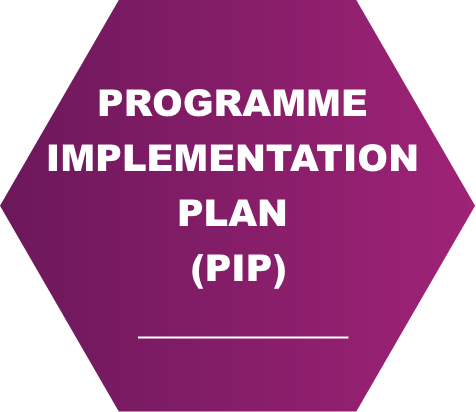What is a PIP?
The PIP is the start of the TOX247 WSMP that is embedded into a company’s Corporate Governance (CG). Your CG definition should be similar to: Corporate Governance (CG) is the system of Policies, Processes, Practices, and Procedures (4Ps) by which a company and its officers are directed and controlled, allowing the company to make formal decisions and be compliant with civil and criminal legislation’. CG essentially involves balancing the interests of a company’s many stakeholders, such as shareholders, management, customers, suppliers, financiers, insurers, government and the community’.
Applying the CG definition, we can consider the PIP to be: the Policies, Processes, Practices and Procedures by which the company builds and continually communicates each step of the development of the PIP, who it applies to and when from. The build and application of the PIP includes but is not restricted to:
1. Identification of key personnel in the company who will collectively develop and manage the PIP with the assistance of the specialist provider (TOX247 Ltd).
2. Methods of communicating the PIP to employees via shift briefings, internal communications, poster campaigns and so on.
3. Creation and activation of the EAP.
4. Start date of amnesty period; the EAP must be ready to go here.
5. Start date of Programme of Testing & Analysis, for example: immediately for new employees, post-amnesty for existing employees.
6. Finalisation of the Substance & Alcohol Management Policy (SAMP).
7. Formalisation of the TOX247 Programme of Testing & Analysis (PoTA).
8. Training of the SampleCollection Practitioners (SCPs), and Programme Managing Practitioners (PMPs).
9. Stocking of all sample collection mediums, evidence continuity documentation and sample evidence bags etc.
10. Stocking of bespoke Sample Collection Consent Forms (SCCFs). Every sample collected requires consent, consent can not be assumed or pre-determined.
Note: This module should be developed before any other module at the time the company is guided by its chosen specialist provider. This module is the route map to the full WSMP implementation.


